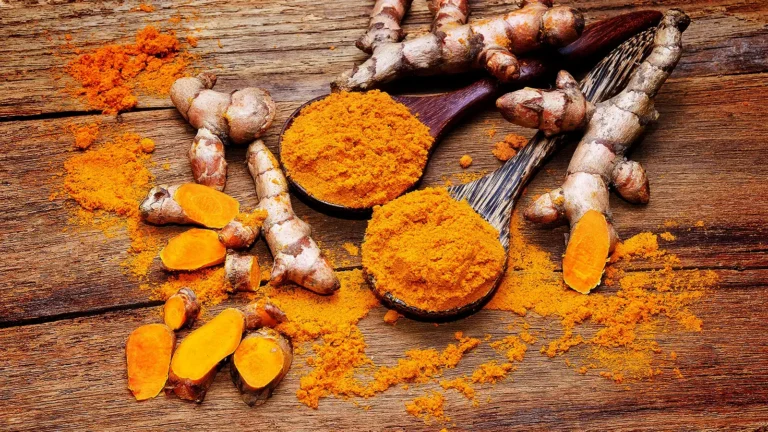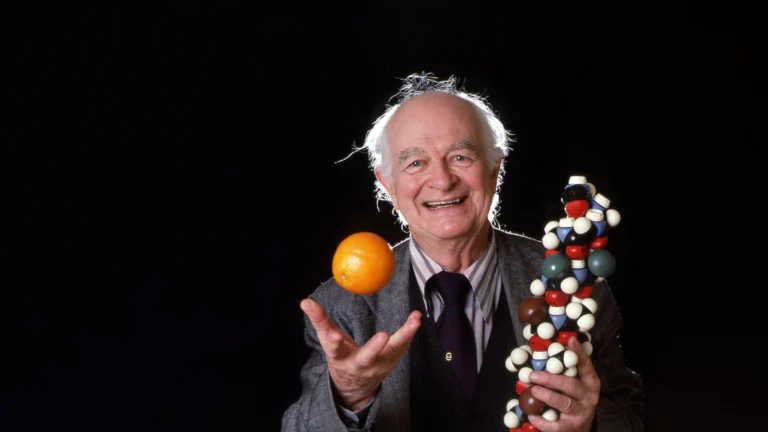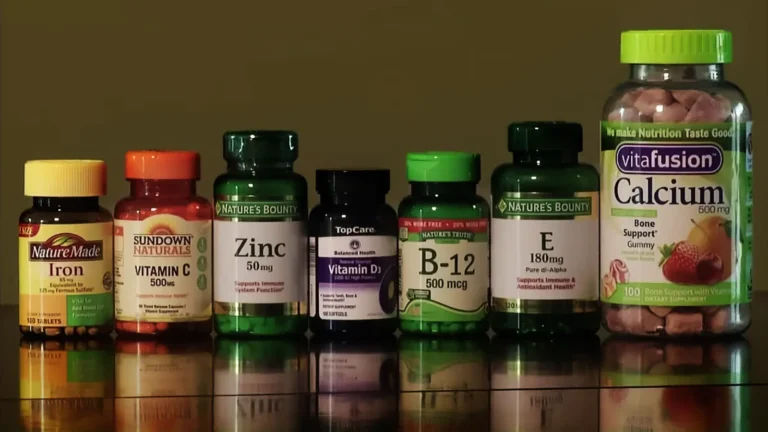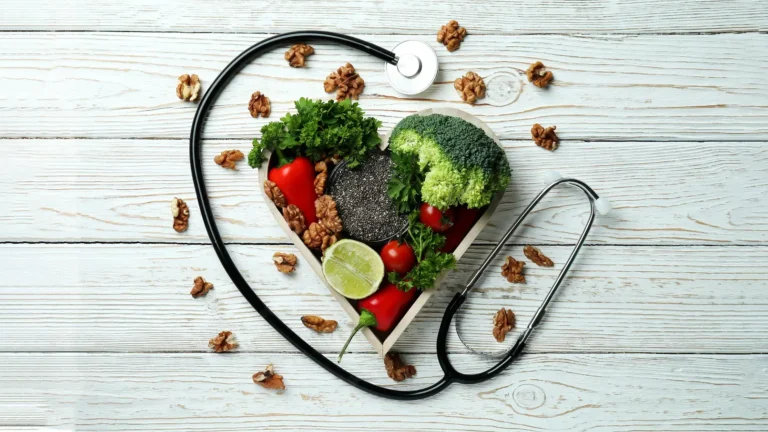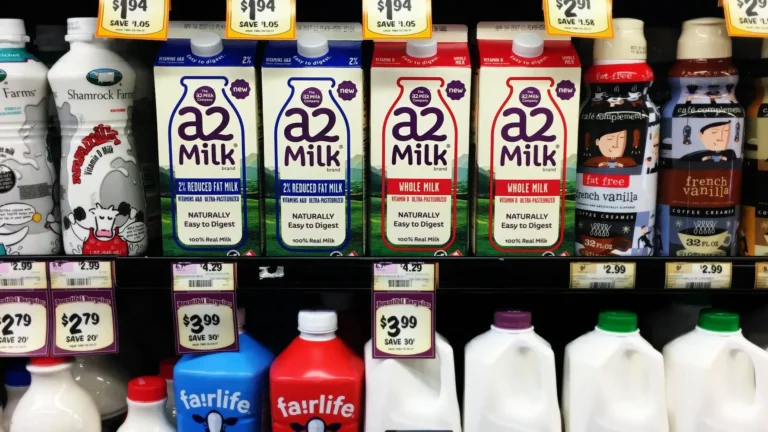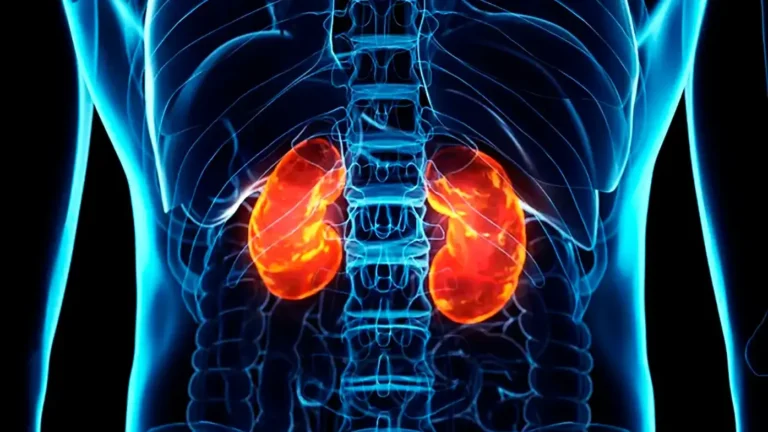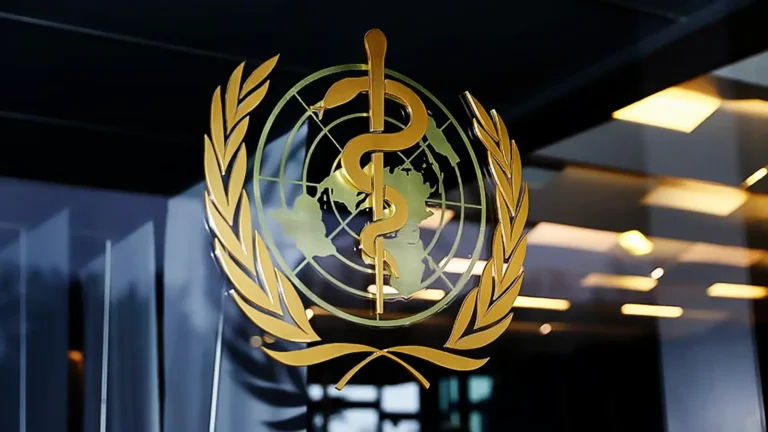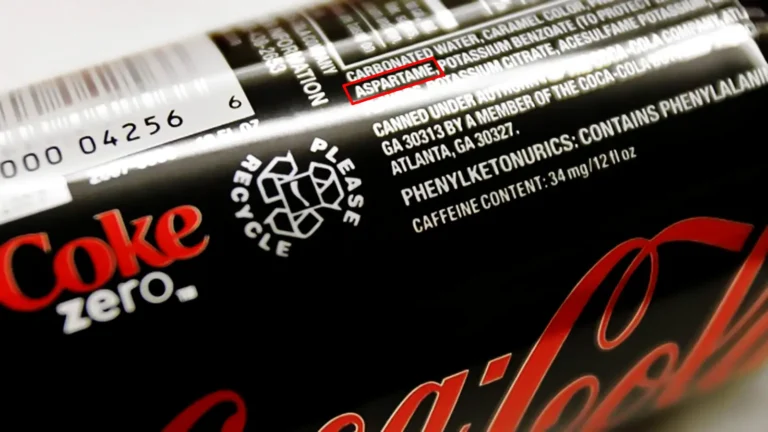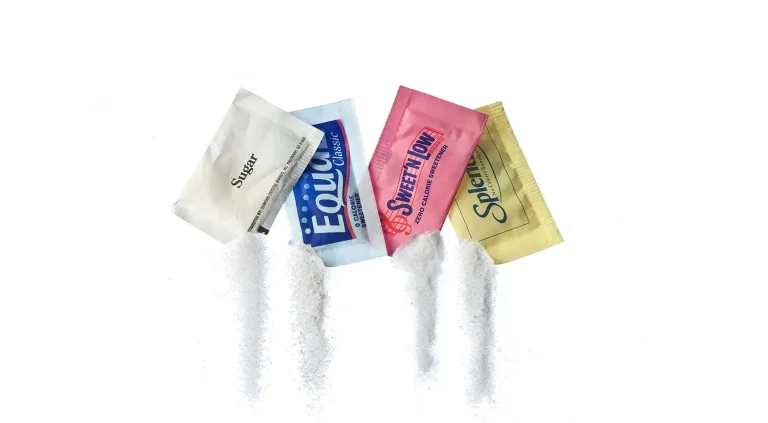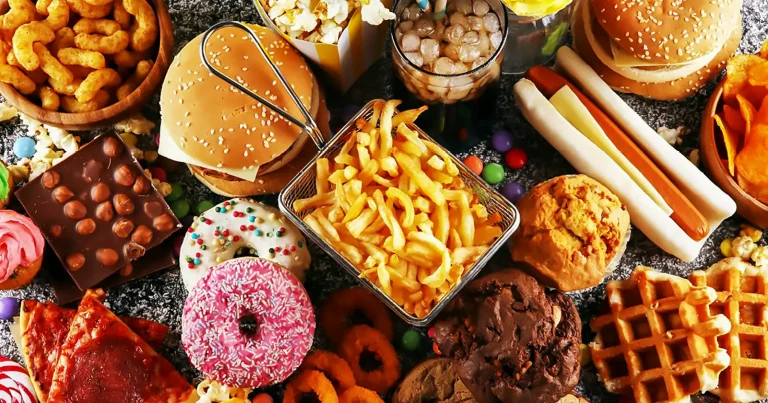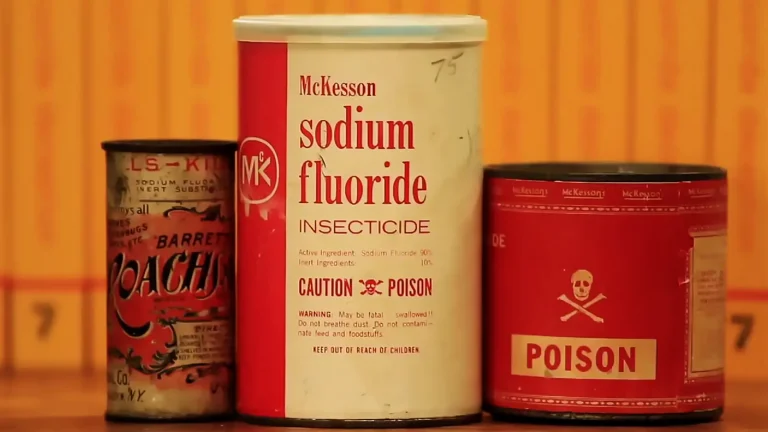Turmeric: Enhancing Health and Clinical Benefits
In turmeric, there are more than 300 active phytochemicals so far identified. It is so powerful that it can even alter our gene expression.
Antioxidant Power of Vitamin C: Enhancing Health and Longevity
Vitamin C does not require enzymatic activity to be removed from the body and does not become pro-oxidant but a reduced form of more weak antioxidant.
Intravenous Vitamin C in the Treatment of Cancer: 40 Years of Evidence
Intravenous vitamin C is a non-toxic chemotherapeutic agent that can be given in conjunction with conventional cancer treatments and incorporated as a prevention and longevity protocol.
Intravenous Vitamin C in the Treatment of Influenza: Living Proof from Clinical Practice
When you want intravenous vitamin C administered in the hospital, you don’t tell your doctor. Instead, you tell your lawyer to tell your doctor, in writing.
Antioxidants: Understanding the Basics
There are no phytochemicals or antioxidants in animal products. On average, plant foods contain more than 60 times as many antioxidants as animal-based foods.
Nutrient Deficiencies in Vegan Diet: Prevention Strategies
There are nine common nutrient deficiencies on the population scale affecting people eating a plant-based diet. If not corrected on time some deficiencies have terrible and non-treatable consequences.
B12 Deficiency and Cognitive Decline: Homocysteine Optimization Strategies
Vitamins that regulate homocysteine levels are B12, folate, and B6. Most non-vegans get enough B12 but not enough folate while vegans get more folate but do not have any B12 if not supplemented.
Micronutrient Deficiency in Standard American Diet: Optimization Strategies
Nutrition profile of our modern meat, sugar, processed food diet is completely incongruent with our evolution resulting in severe micronutrient deficiency.
Phytochemicals: Understanding the Basics
Every single phytochemical that exists has a biological action in the human body. Every single one from millions of different phytochemicals.
A1 Milk: Diabetes, Autism, and Heart Disease
Epidemiological evidence suggests that A1 milk with the a1 beta-casein variant is a possible risk factor in the development of type 1 diabetes in children, autism, and heart illnesses in adults.
Milk and Dairy: Health Risk Correlations
Known associations with milk and dairy consumption are infertility, ovarian and breast cancer, leukemia, diabetes type 1, autism, arteriosclerosis, cataract, rheumatoid arthritis, multiple sclerosis, hyperactivity, congestion, pimples, and more…
High Protein Diet and Metabolic Acidosis: Health Risks Correlations
Low levels of chronic metabolic acidosis is a common phenomenon in the Western world. Most people that eat the standard American diet are in a state of chronic acidosis and are not aware of it.
Complete Protein: IGF-1 Signaling in Cancer Formation
When you eat animal protein you have four times the chance to develop all types of cancer. When you smoke you have a four-time chance to develop lung cancer.
The Anatomy of Cancer- Health risk correlations
About 2% of cancers are by medicine considered to be purely caused by genetic factors. The same range as within the animal kingdom. You haven’t been told the whole truth.
High Protein Diet- Health Risk Correlations
Scarcity is the rule of protein in nature. In evolutionary terms, anthropologists have proven that hominins lived an average of 15 to 25 grams of protein a day. In the modern western type of high-protein diet we would consume that amount for breakfast only.
Protein Requirements- Inconvenient truth
When anthropologist studies showed that hominins lived on average of 15 to 20 grams of protein a day there was a so-called a “Great protein fiasco” back in the 1970s.
Home oil extraction- The secret technique of nutrient density
Processing of food (home oil extraction) can also be used in reverse for increasing the nutritional density and profile of the food.
WHO dietary guidelines- New food pyramid and suppression of science
WHO dietary guidelines recommend a diet low in saturated fat (animal protein), sugar, and salt and high in fruit and vegetables as a requirement to tackle the epidemic rise of chronic diseases worldwide.
Aspartame: The Truth About Its Health Risks and Dangers
One of the excitotoxins that have made the industry so happy is the chemical that does all the things that excitotoxins do but unlike MSG is sweet to the taste. It is chemically known as aspartame (Nutra Sweet).
Excitotoxicity of MSG (Monosodium glutamate)-Scientific Review
The most significant finding in the whole history of the food industry is one particular branch of neurotoxins that are called excitotoxins.
Artificial sweeteners- Understanding the basics
Artificial sweeteners are unnatural synthetic chemicals so we have to look into available science to understand the potential health effects that these chemicals might have.
Refined Sugar: Understanding the Risks
Children consume around one-fifth of their total calorie needs from just refined sugar. If we add fat and the rest of nutrition-deprived processed foods to the list it becomes a complete nutrition nightmare.
Processed Food: Understanding the Risks
Processed food means that something from whole food is removed, usually fiber and something is added, usually fat, sugar, salt, and msg.
Water fluoridation- Scientific review
Fluoride inactivates 62 enzymes in the body, inactivates DNA and RNA repair enzymes activity, it is mutagenic, causes DNA damage, increases cancers and all other diseases correlated with mutations, disrupts the immune system.

